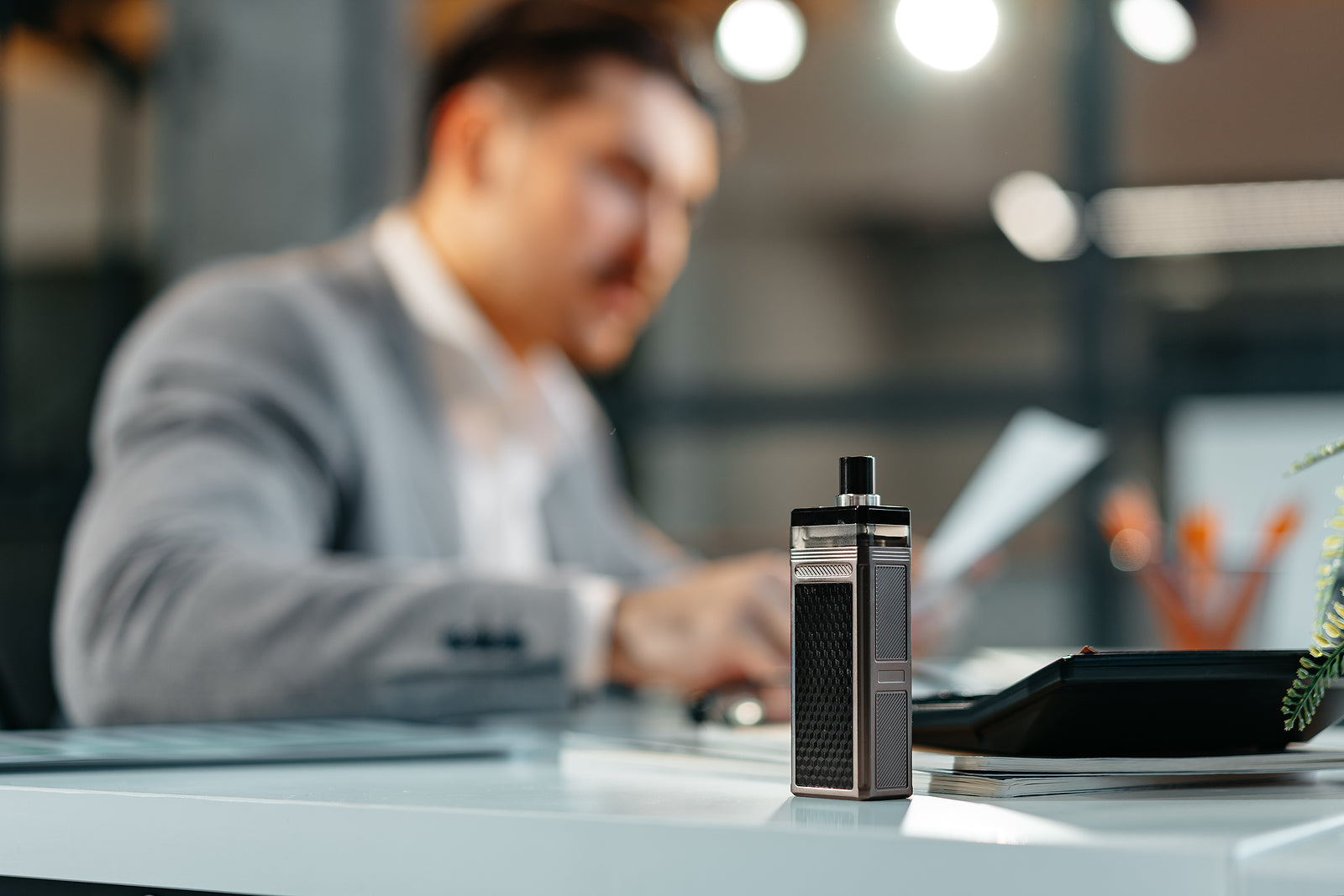Given how fast-paced and indeed how volatile the e-cigarette market is for a vape supplier, an announcement of a new vaping device with unique technology fitted to it is not necessarily all that surprising and typically passes by with only a brief discussion.
However, at the end of July, a major manufacturer announced a feature to their vapes that has triggered a somewhat spirited debate and caused more than its fair share of controversy, not least because of the company that made the announcement.
On 31st July 2023, Juul Labs announced that they have submitted a product application to sell their two-year-old JUUL2 system in the United States currently under an unspecified name.
However, the publicity drive surrounding its verification systems has fallen under a scrutiny all too familiar to the Juul Story.
What Is The Verification Vape?
After various legal cases and settlements, Juul Labs has strongly promoted the JUUL2 as a vape device that is filled with technological verification systems to both stop the use of counterfeit vape pods and restrict access to the device itself to people who can legally use it.
The theory at least is that this can eliminate the two biggest concerns about vaping at the same time; it can stop people who are not allowed to buy vapes from using them and stops bootleg pods from potentially causing harm to users.
In practice, however, there is a problem of convenience. Many ex-smokers vape because it is the most convenient way to stop a nicotine craving without taking out a cigarette.
Adding a complex phone identification system that requires the submission of an official photographic ID before someone can use their new vape device may be enough of a barrier to cause them to consider a different product.
Disposable vapes are exceptionally popular in no small part because they are convenient. Someone can buy one and immediately use it without any complexities in the way.
It also could lead to the potential situation where the authentication server is not accessible due to internet access or a server fault, stopping someone from using their vape.
There is another concern as well, less about the product itself and more about the reputation of the company that is trying to sell it.
The Problem Juul Created
It is impossible to discuss Juul Labs and especially their attempts to create age verification systems for vape devices without discussing their 5000 settled legal cases and the $462m they owe in settlement fees to six state authorities in the United States after a damning investigation.
This investigation found that Juul Labs deliberately marketed towards children, including by using models that were of legal age but looked ambiguous young, social media campaigns, a school presentation that claimed it was safe and taking out advertising space on Nick Jr (target audience under six years old) and Seventeen magazine (aimed at teenagers).
Recently, the UK government was strongly criticised for a now-deleted press release featuring Juul’s Chief Regulatory Officer Joe Murillo, and the company is partially owned by Altria, formerly
Philip Morris and manufacturers of several major tobacco brands.
Whilst it remains to be seen whether the identification technology will be effective, people discussing it are under no illusions as to why Juul Labs are advertising it so aggressively.
